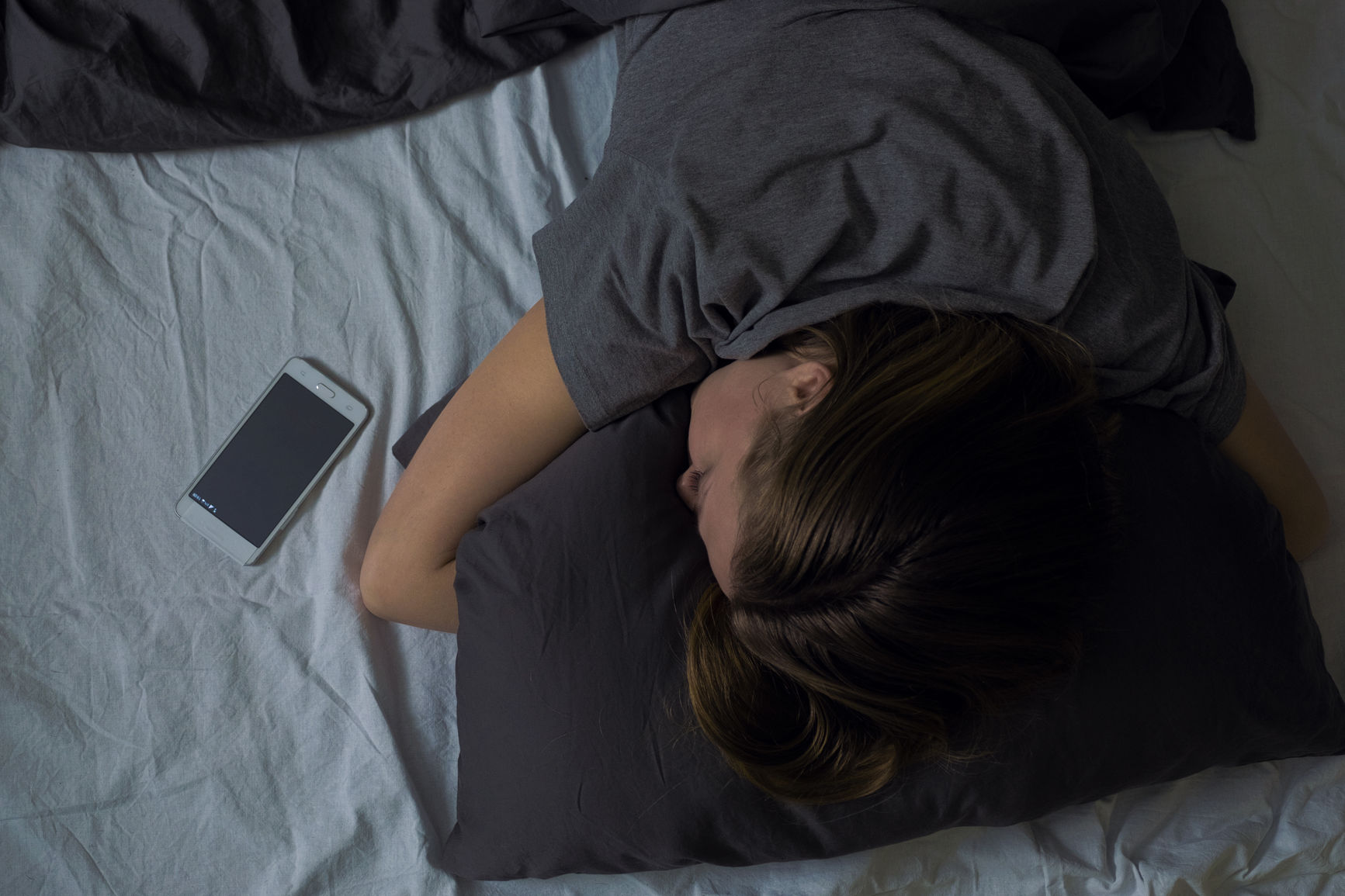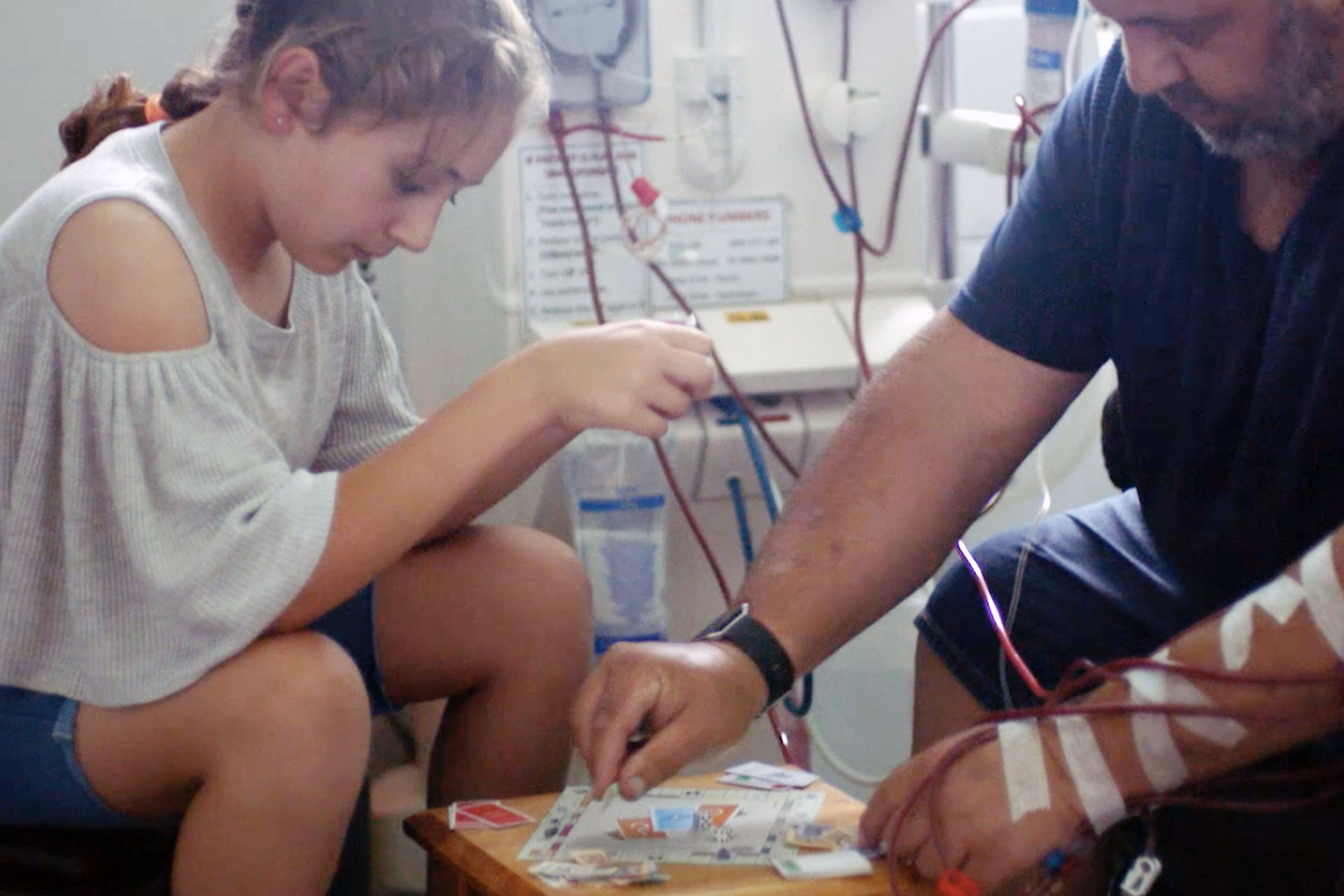-
Ever experienced that burning sensation when passing urine? Or desperately felt the need to go to the bathroom, only to pass a few drops, or not urinate at all? It could be a urinary tract infection (UTI).
Affecting around one in two women at some point in their life, a UTI occurs when bacteria enters the urinary tract, causing a urethra or bladder infection. For those suffering, early detection and treatment is highly recommended as a delay in prognosis will likely prolong or worsen symptoms -- potentially leading to a kidney infection.
While many women would like to consider themselves experts on the topic, Medibank Clinical Director Dr Sue Abhary is here to debunk the most common myths and misconceptions around UTIs.
1. Does sex play a role? And does emptying the bladder afterwards help?
UTIs are caused by a bacteria called Escherichia coli (E. coli) spreading from the anus to the urethra. Considering the small space between each, sexually active women are more prone to developing the condition. It’s true that infection can be prevented by urinating before and after sex as it reduces the movement of bacteria into the urethra.
2. Do UTIs only affect women?
While women are more vulnerable, with close to one in three females needing UTI treatment before the age of 24, the condition can also affect others at higher risk:
- Men with prostate problems: An enlarged prostate gland can stop the bladder from fully emptying, increasing the risk of infection.
- Young children and babies: Those using nappies, or babies born with physical problems, such a congenital abnormalities of the urinary system, have a higher risk of developing a UTI.
- People with diabetes: Diabetes sufferers are more susceptible to the infection, possibly to changes in their immune system.
3. What are the best preventatives?
Maintaining a healthy lifestyle and practicing good hygiene are the most effective ways to prevent a UTI. To help reduce your risk, follow these simple steps:
- Drink plenty of water: Staying hydrated not only increases the need to urinate, it allows your body to flush out any bacteria.
- Prevent the spread of bacteria: After going to the toilet, gently wipe from front to back.
- Allow your body to breathe: Opt for cotton underwear and loose pants where possible.
4. Cranberry juice: friend or foe?
Unfortunately there is no real evidence to support cranberry juice as a treatment of UTIs. There are some small studies that suggest drinking cranberry juice could help to prevent UTIs, but a 2012 Cochrane review of 24 different studies on the topic found drinking cranberry juice had no significant benefit.
So, how do I treat a UTI?
If you think you may be suffering from a UTI, see a GP immediately. They’ll be able to diagnose you and if you have UTI, will prescribe antibiotics to help treat symptoms and prevent the condition from worsening.
Read more about common health issues and how to treat them.
UTI's: How you get them and how to treat them

-
Innovating for members living with chronic disease
Medibank is supporting our members living with chronic diseases such as heart disease, arthritis, and diabetes, through our CareComplete programs.
-
Medibank’s palliative care at home trial
Giving our customers choice in where they would like to receive their end-of-life care can provide dignity, privacy and help them retain control over the care they receive.
-
How your phone habits affect your sleep
And what it means for your mental health, hormones and more.
-
Medibank trialling haemodialysis at home
Giving members with chronic kidney disease more choice
-
The origins of western and eastern medicine
Two schools of thought explained
-
Almost half of hospital patients are looking for more support
Find out how Medibank is helping.
Subscribe to receive the best from Live Better every week. Healthy recipes, exercise tips and activities, offers and promotions – everything to help you eat, move and feel better.
By clicking sign up I understand and agree to Medibank's privacy policy






